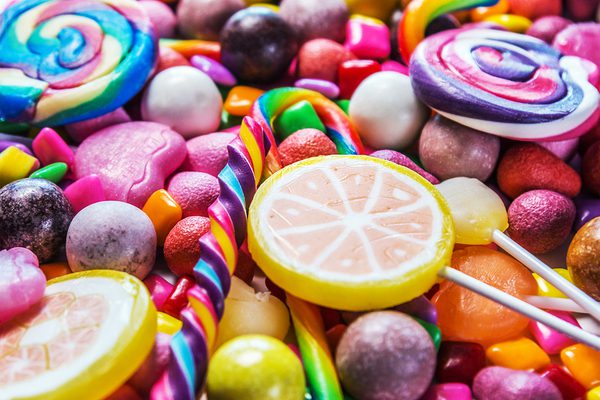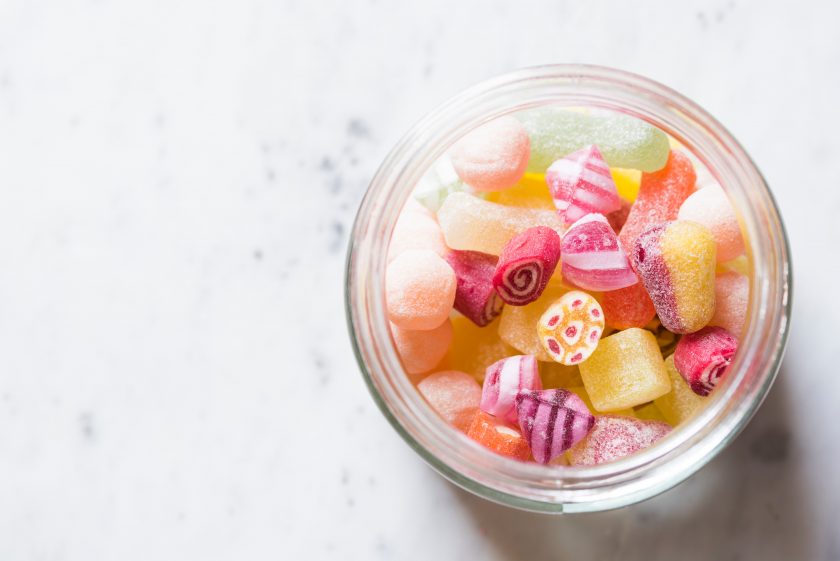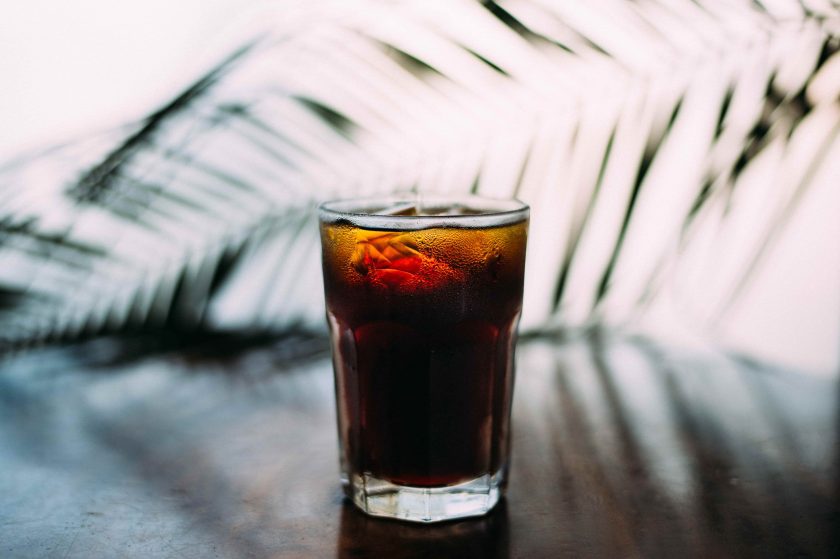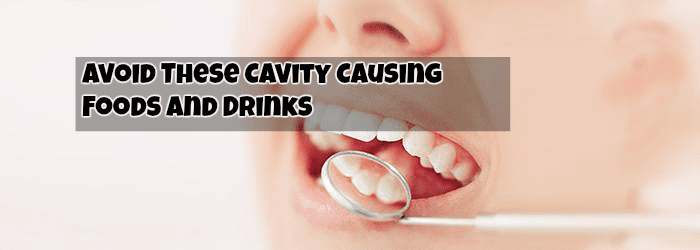It’s no secret that the things we eat directly contribute to our levels of physical health – or lack thereof. But it doesn’t stop there. What we put in our mouth impacts the health of our teeth, and can place our teeth at direct risk for cavities and tooth complications. So, if you want a cheat-sheet list for foods you should consume in extreme moderation, read on. The next time you go to the dentist in Kingwood, TX, and have a good checkup, you’ll thank yourself for following this list of foods and drinks to avoid.
Candy

Candy has long been known as a cavity-causing agent. While all candy should be consumed in moderation, some sweets are notably worse than others when it comes to cavity causers. The top cavity-causing candies are suckers, hard candies, gummies, and caramels.
Suckers and hard candies are made entirely out of sugar. When left in your mouth, the process of sucking on them creates a surplus of sugar that sits directly on your teeth. Sugar feeds damaging bacteria found in your mouth that cause tooth decay and gum disease. Sugar also interacts with the plaque on your teeth, forming acid and creating weak spots, wearing away at the enamel. If left in your mouth for extended periods with no water to wash away the sugar, your teeth will start getting attacked. Repeated exposure to sugar, bacteria, and acid will create the painful cavities you dread.
Gummy candy and caramels create similar but worse response in your mouth as suckers. These sticky, tacky candies can quickly become stuck to the surface of your teeth or lodged in gaps in between teeth. When this happens, harmful bacteria are fed, and sugar interacts with a plaque to form damaging acid. If not removed, the sticky candy stuck to your teeth will be a prime area for cavities to form.
Sugary gum

Sugared gum is a frequent contributor to cavities for people of all ages. Why is it so damaging? Consider what a single piece of hard candy or caramel does in your mouth, then multiply that by the amount of time you chew a single piece of gum.
If a single piece of hard candy stays in your mouth for five minutes, then you take a drink of water and wash the sugar away, you’ve only exposed your teeth to five minutes of damage. But when you chew gum, you might have that stick of sugary substance in your mouth as long as an hour. That’s fifty-five more minutes of damaging exposure for your teeth. Gum can be exponentially worse than regular candy, given the time that it stays in your mouth and exposes your teeth to acid-forming sugar. If you must chew gum, then at least make sure it’s sugar-free.
Sugary Soda

While all soda and carbonated drinks cause adverse reactions for your teeth, sugary soda is the worst. The carbonation and sugar found in these addictive drinks will coat your teeth, creating a field day for bacteria and acid production. The more acid produced in your mouth, the faster your teeth will decay. When sipping on soda, the enamel on your teeth takes a constant direct hit with little recovery time. Unless you’re drinking with a meal, or regularly swishing with water, the damage done to your teeth is hard to prevent. Eating while drinking helps a little bit, though it’s better to stay away from this sugary habit as much as possible.
Dried Fruit
Surprised by this one? Even though the word “fruit” is mentioned, you need to steer clear. Dried fruit is full of sugar, is incredibly sticky, and, just like caramel, can easily become lodged in the spaces between your teeth. If left there, acid production will rise and begin to wear away at the enamel of your teeth. Harmful bacteria will also feast on the sugar left behind from your dried mid-day snack.
Final Thoughts
Next time you’re tempted to reach for a sugary snack, why not grab a healthier choice instead? Food like apples, nuts, cheese, yogurt, and sugar-free gum are all healthy mid-day snacking options that will leave your stomach satisfied and your teeth happy.

